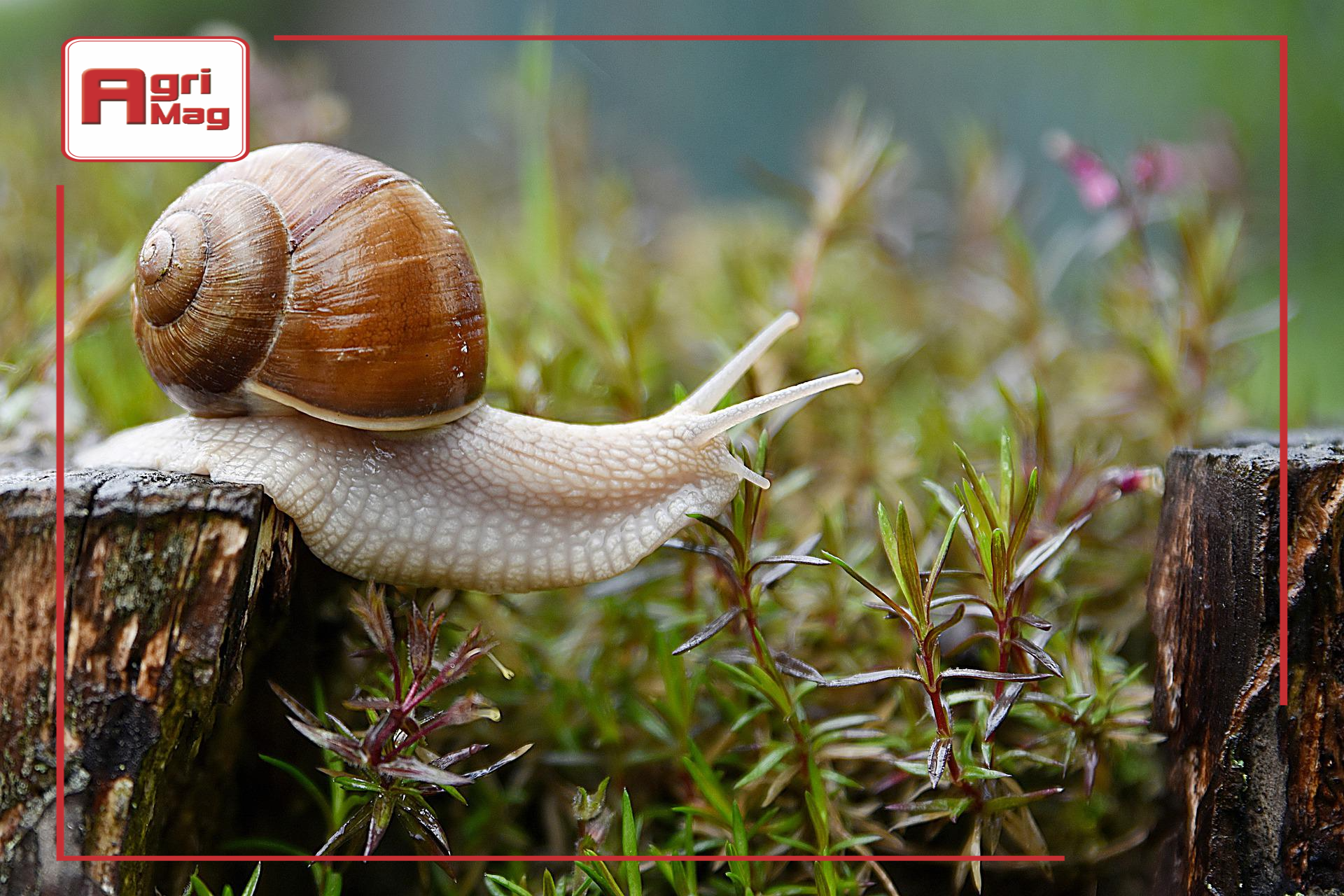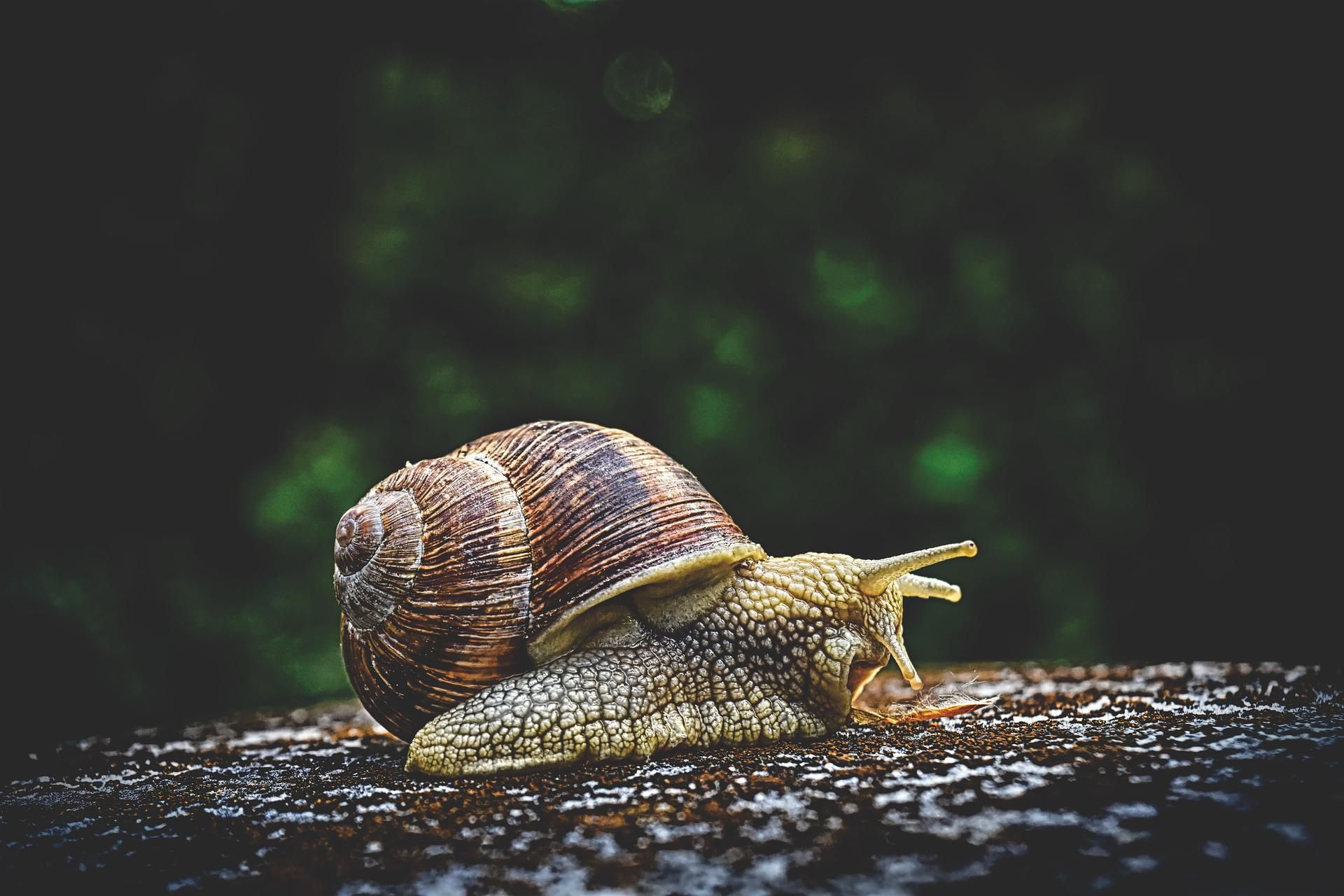
Snail farming: an alternative use for unused land
Date: 12/05/2022
Do you have unused space on your farm? Snail farming is a great opportunity to make extra money from a small piece of land. This type of farming is called heliciculture and can boost your profits significantly. Find snail farming equipment for sale on AgriMag and launch your new business today.

Photo by Alexas_Fotos on Pixabay
Different Types Of Snails
The type of snails you farm will depend on where you live. Each species is best suited to different environmental conditions. You’ll also need to take the size and meat quality of the snail into account. Some snails are toxic to humans, but they can be used in cosmetics. The main types of snails that are famed include Helix and Achatina, while other internationally farmed snails include Otala Lacteal and Cepaea Hortensis.
Snail Food
Snails need plenty of food and water. The majority of snails are vegetarian and they eat a wide range of food and the preferred diet differs between the various species. The common Achatina should be fed green leaves and flowers. Tubers and fruits should also be included in their diet. In addition to this food, snails should receive nutrition-rich foods, which promote growth. Mixture feed is suitable for this purpose. Snails like consuming living plants, and microscopic algae make a suitable addition to their diet. It’s important that they get plenty of calcium as this helps them to build their shells.
Snail Farming Risks & Pets
Snails are more mobile than you would think so you’ll need a secure pen to keep them in. The pen needs to be pest-proof to prevent the snails from getting eaten. Lizards and birds are a threat to the snails and they’re also at risk of being eaten or killed by rats and moles. Maintain a hygienic environment to prevent disease outbreaks. Good hygiene practices also help to provide humane living conditions for your snails while promoting good health and growth. Remove old food daily and replace it with fresh food to keep the pen clean. Adding earthworms to the soil also promotes cleanliness. Parasites, trematodes, and fungi pose a threat to snails.
Snail farming equipment
Snail farming is only a successful business venture if you have the right resources. You’ll need humidity and temperature controls to provide the best environment for the snails. Sprinklers are also used to keep the temperature within the optimum range. It’s vital to measure the humidity levels using specialised equipment. Pens are required for breeding. Galvanized sheet metal or wire gauze are suitable materials for pens. Wood or block pens are other options that are available. The design of the pen should allow you easy access and it should provide the snails with plenty of shade. If you’re setting up your snail farm indoors, plastic tunnels can be used instead. While a small space is suitable for snail farming, ensure that the pen provides the snails with plenty of room to move around.
Best soil for snail farming
Choosing the right space for the snails is important. It’s advantageous to select a location where suitable plants are grown for the snails to eat. They’ll also need plenty of shelter. Conduct a soil analyses to check that the PH levels are between 5.8 and 7.5. Clay soil should be avoided. The best soil structure is part sand and part clay. Add limestone to provide the snails with plenty of calcium. Polyacrylamide and magnesium should also be mixed into the soil. Snails need to stay moist at night and it’s easier for them to move on moist leaves and soil. However, good drainage is required to avoid problematic pools of water from gathering.
Make the most of unused space by setting up your own snail farm. With the right knowledge and resources, snail farming is a lucrative business. Find snail farming equipment for sale on AgriMag and get started today.
Categories:
Common category
Category Search:
Latest articles:

Understanding the Role of Truck Tractors in Logistics

Farming Equipment Upgrades for Small-Scale Farmers in South Africa

Exploring the Wildlife and Hunting Category on AgriMag
